detail profile laura morera
Peran Yang Di Mainkan Laura Morera
 Tita who lives on a ranch...
Tita who lives on a ranch...Like Water for Chocolate 2023
Tita, who lives on a ranch in Mexico, falls in love with a boy, Pedro, who lives nearby; but when they want to get married, Tita's family prevents it, because she must remain single to take care of her mother.
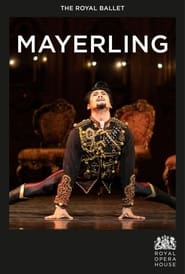 Inspired by dark and gripping real...
Inspired by dark and gripping real...The Royal Ballet: Mayerling 2022
Inspired by dark and gripping real life events, this Royal Ballet classic depicts the sexual and morbid obsessions of Crown Prince Rudolf leading to the murder-suicide scandal with his mistress Mary Vetsera. The oppressive glamour of the Austro-Hungarian court in the 1880s sets the scene for a suspenseful drama of psychological and political intrigue as Rudolf fixates on his mortality. Kenneth MacMillan's 1978 ballet remains a masterpiece of storytelling and this revival marks 30 years since the choreographer’s death. Expect to see the Company at its dramatic finestacross potent ensemble scenes and some of the most daring and emotionally demanding pas de deux in the ballet repertory.
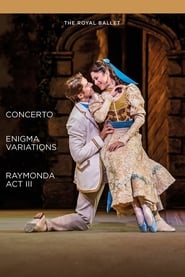 From The Royal Ballets classical origins...
From The Royal Ballets classical origins...Concerto / Enigma Variations / Raymonda Act III (Royal Ballet) 2019
From The Royal Ballet’s classical origins in the works of Petipa, to the home-grown choreographers who put British ballet on the world stage, this mixed programme highlights the versatility of the Company. Petipa’s Raymonda Act III is Russian classical ballet summarized in one act, full of sparkle and precise technique, while Ashton’s Enigma Variations is quintessentially British in every way – from its score by Elgar and period designs by Julia Trevelyan Oman, to Ashton’s signature style, the essence of British ballet. Concerto, MacMillan’s fusion of classical technique with a contemporary mind, completes a programme that shows the breadth of the Company’s heritage.
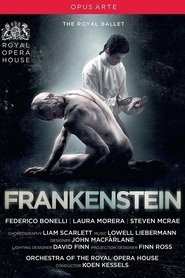 Inspired by Mary Shelleys Gothic masterpiece...
Inspired by Mary Shelleys Gothic masterpiece...Frankenstein 2016
Inspired by Mary Shelley’s Gothic masterpiece, Frankenstein is the world premiere of Liam Scarlett’s new full-length ballet. A story of betrayal, curiosity, life, death and, above all, love, exploring the very depths of human nature. Federico Bonelli dances the role of Victor Frankenstein, Laura Morera is his Elizabeth, and Steven McRae is the creature. Koen Kessels conducts Lowell Liebermann’s newly commissioned score in this co-production between The Royal Ballet and San Francisco Ballet.
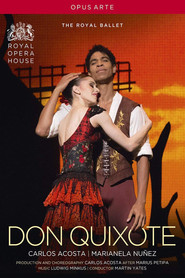 Carlos Acostas first venture directing one...
Carlos Acostas first venture directing one...Don Quixote (The Royal Ballet) 2014
Carlos Acosta's first venture directing one of ballet's 19th century classics was eagerly anticipated, as was his own starring role in the production (as Basilio), opposite the Argentinian Royal Ballet principal Marianella Nuñez (Kitri). Still built on Petipa's original choreography, Acosta's clear dramatic structure and vivid stage action gave the ‘boy gets girl despite her father’ story a more convincing air than usual, with Don Quixote's parallel obsession with Dulcinea-Kitri coherently woven into the plot.
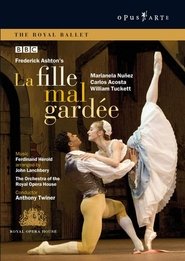 Ever since its triumphant premiere in 1960...
Ever since its triumphant premiere in 1960...La Fille mal gardée 2005
Ever since its triumphant premiere in 1960, Frederick Ashton's La Fille mal gardee has been treasured as one of his happiest creations - his artistic tribute to nature, and an expression of his feelings for his beloved Suffolk countryside. Marianela Nunez and Carlos Acosta perfectly portray the young lovers Lise and Colas, determined to thwart the plans of Widow Simone to marry off her wayward daughter to Alain, the simple son of wealthy Farmer Thomas. Osbert Lancaster's colourful, picture-book designs, along with Ferdinand Herold's tuneful score, arranged by John Lanchbery, provide the perfect setting for Ashton's blissfully bucolic ballet, complete with haywain, pony, maypole and ribbons, a cockrel and his chickens and, of course, the famous clog dance, here wonderfully led by William Tuckett as the irascible but lovable Widow Simone.
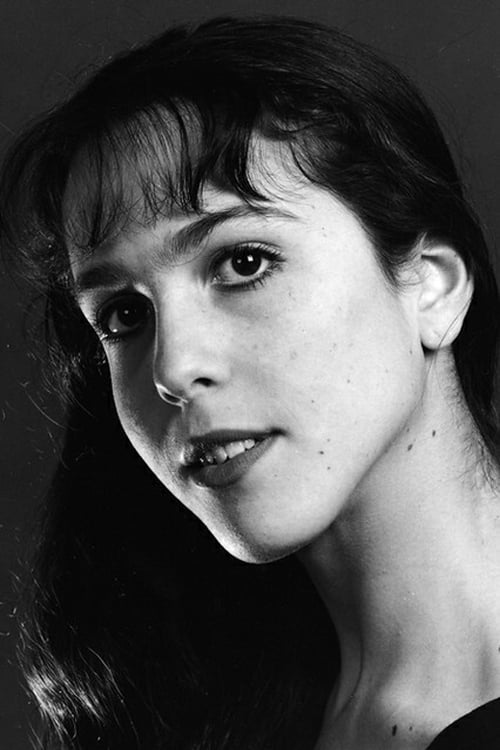
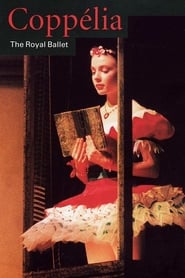 Copplia a mechanical doll made by...
Copplia a mechanical doll made by...